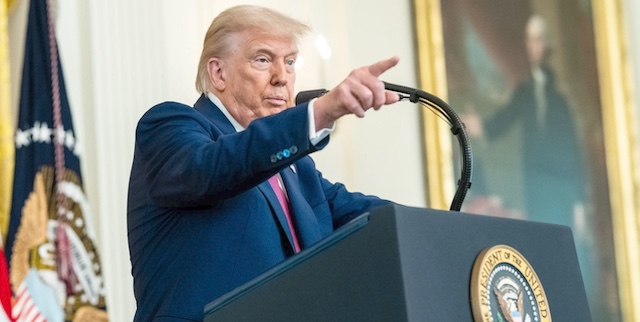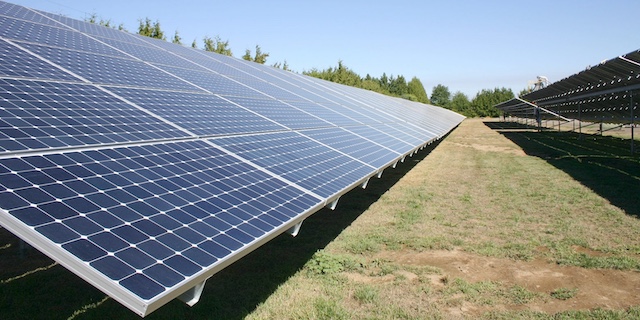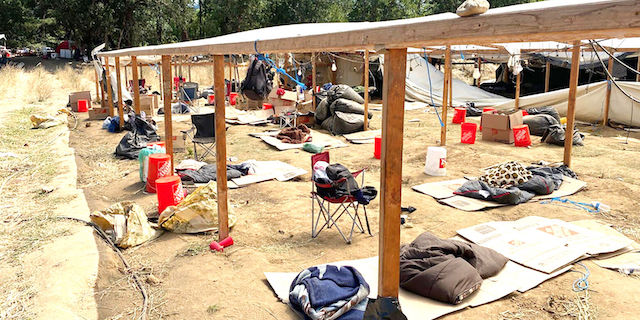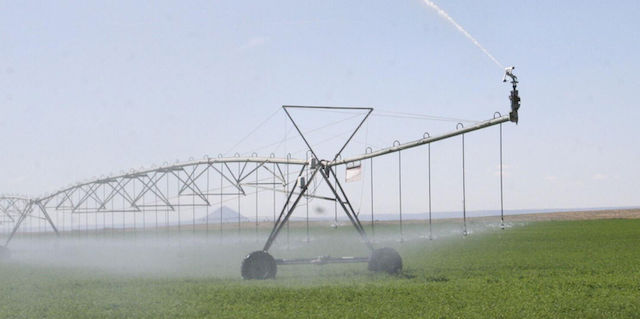Indonesia still frustrates apple shippers
Published 3:36 am Thursday, March 29, 2018
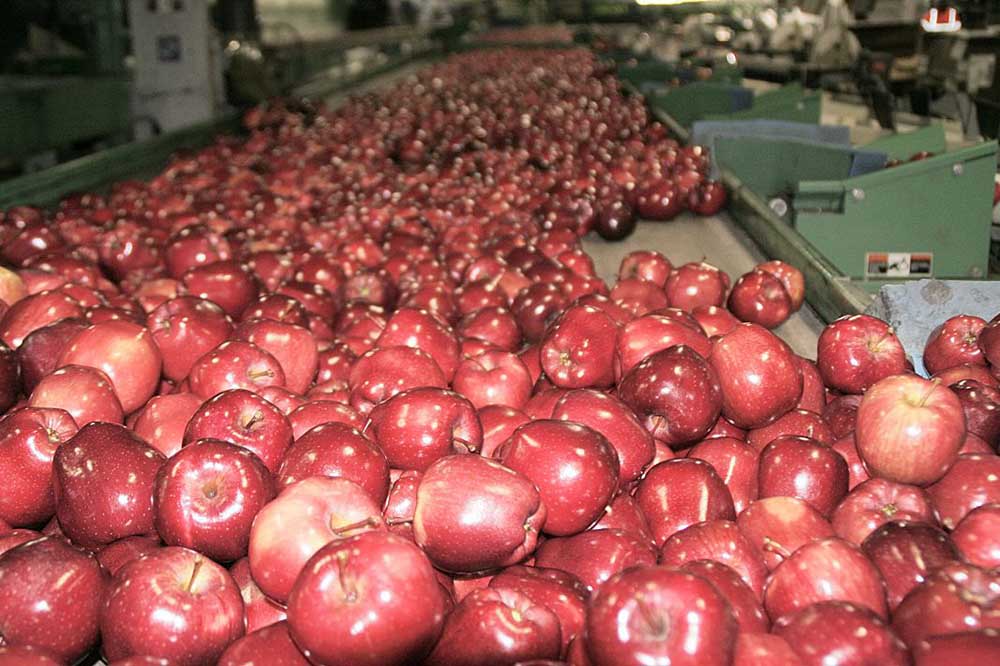
- Red Delicious apples are packed at Olympic Fruit in Moxee, Wash. The state Apple Commission worries that Indonesia's continued blockage of agricultural crops and products will hurt U.S. exports.
YAKIMA, Wash. — In October there was hope that Indonesia would drop its restrictions on imports of agricultural goods, but five months later they remain in place, much to the consternation of Washington apple shippers under pressure to move a big 2017 crop.
From September through March 26, Washington apple shippers shipped 566,298, 40-pound boxes of apples to Indonesia, down 26.6 percent from the same point a year ago, says Todd Fryhover, president of the Washington Apple Commission.
Mark Powers, president of Northwest Horticultural Council, raised the issue at a March 22 Apple Commission meeting in Yakima, saying Indonesia has not yet complied with a December 2016 World Trade Organization ruling against its trade restrictions — nor the WTO’s reiteration of its ruling in November 2017 rejecting Indonesia’s appeal.
“For some of you this has been a real problem. It’s gotten worse in the 2017 crop season,” Powers said to commissioners, some of whom are also shippers.
WTO has to determine how much time Indonesia has to come into compliance and the Office of the U.S. Trade Representative will have to decide what to do if Indonesia doesn’t, Powers said. It could mean U.S. tariffs on Indonesian goods, he later said.
“We’re losing money. It’s one of our critical markets, in the top six or seven, so it’s been disappointing,” Fryhover said.
To protect its industries, Indonesia has been restricting agricultural imports from the U.S. and other countries since 2012 through permit and licensing regimes. There’s a 5 percent tariff but the permits are the real hammer, Powers said.
U.S. fruit, vegetables, flowers, juices, cattle, beef, poultry and other animal products have also been impacted. It cost U.S. exporters about $170 million in 2016, the trade representative has said. Even with restrictions, the U.S. exported $2.6 billion in agricultural products to Indonesia in 2016 and imported $2.8 billion in agricultural products from Indonesia.
Indonesia claims its local apple producers need protection from some imports, Powers said. It bans imports for a few months each year while it considers new permits, he said. Apples were banned in December, January and early February and possibly will be again in August, September and October, he said. That means shippers must quit shipping at the end of June because ocean shipping takes a month, he said.
“Indonesia typically focuses on Red Delicious and 138s (138 apples per 40-pound box) and smaller sizes. This disruption takes away opportunity to ship consistently,” Fryhover said.
At least one shipper has stopped packing 2 1/4-inch diameter apples, which are ideal for Indonesia, due to oversupply and limited sales, he said.
Washington sold 1.5 million boxes of apples to Indonesia from the 2016 crop, a typical level since 2012. Previously, it was 2.7 million and in 1996 is was 4 million. It could easily be 2.5 million to 3 million without restrictions, Fryhover has said.



